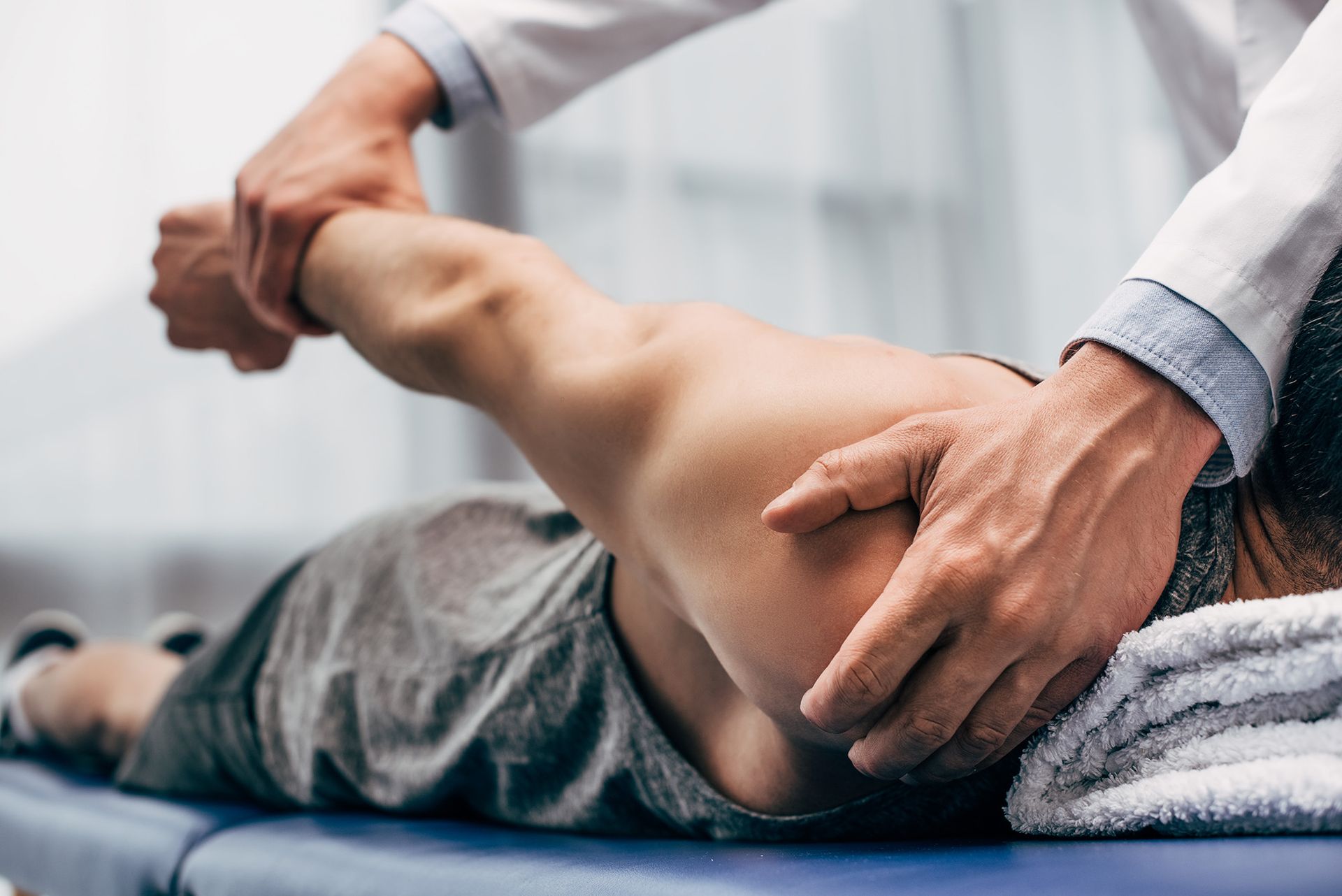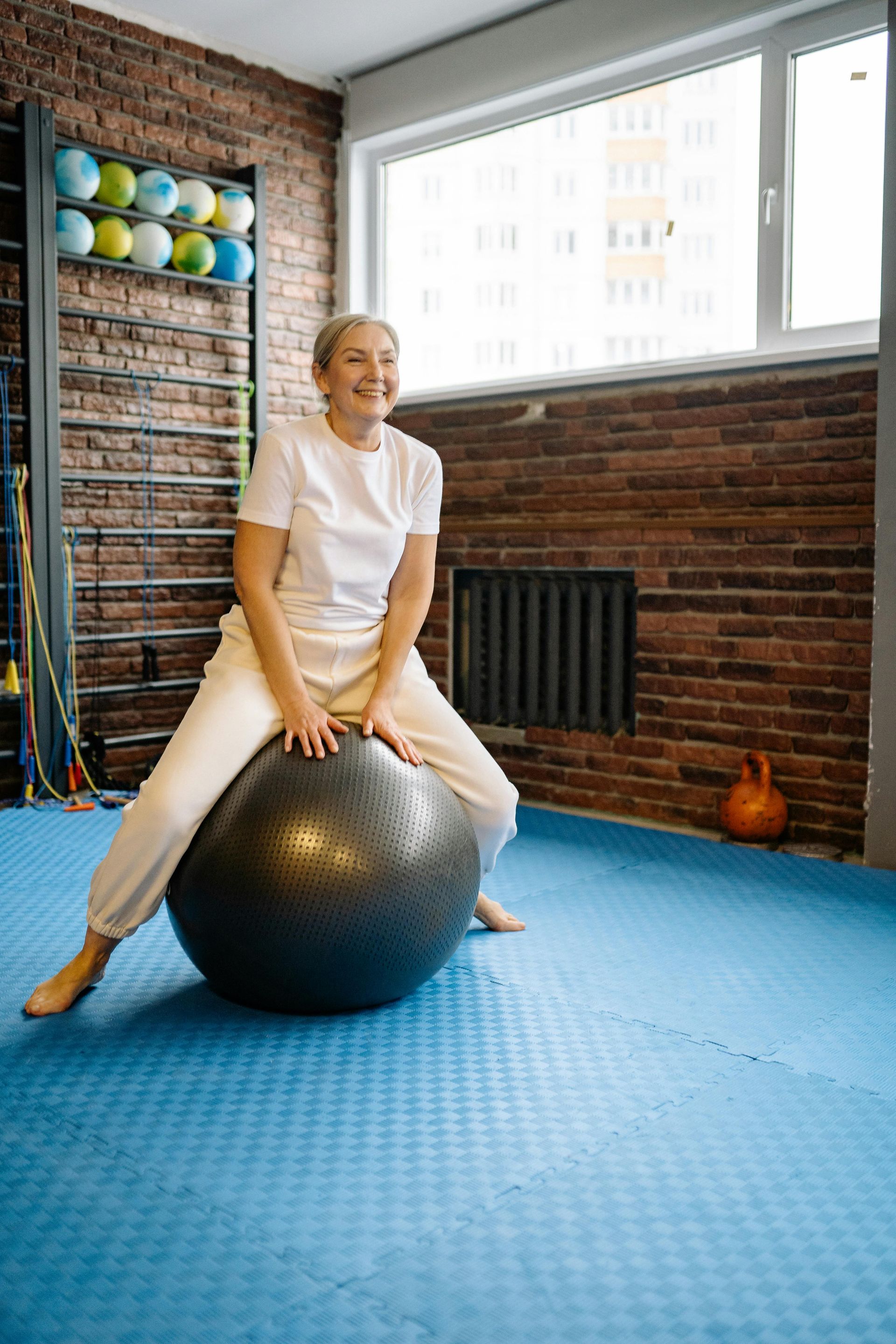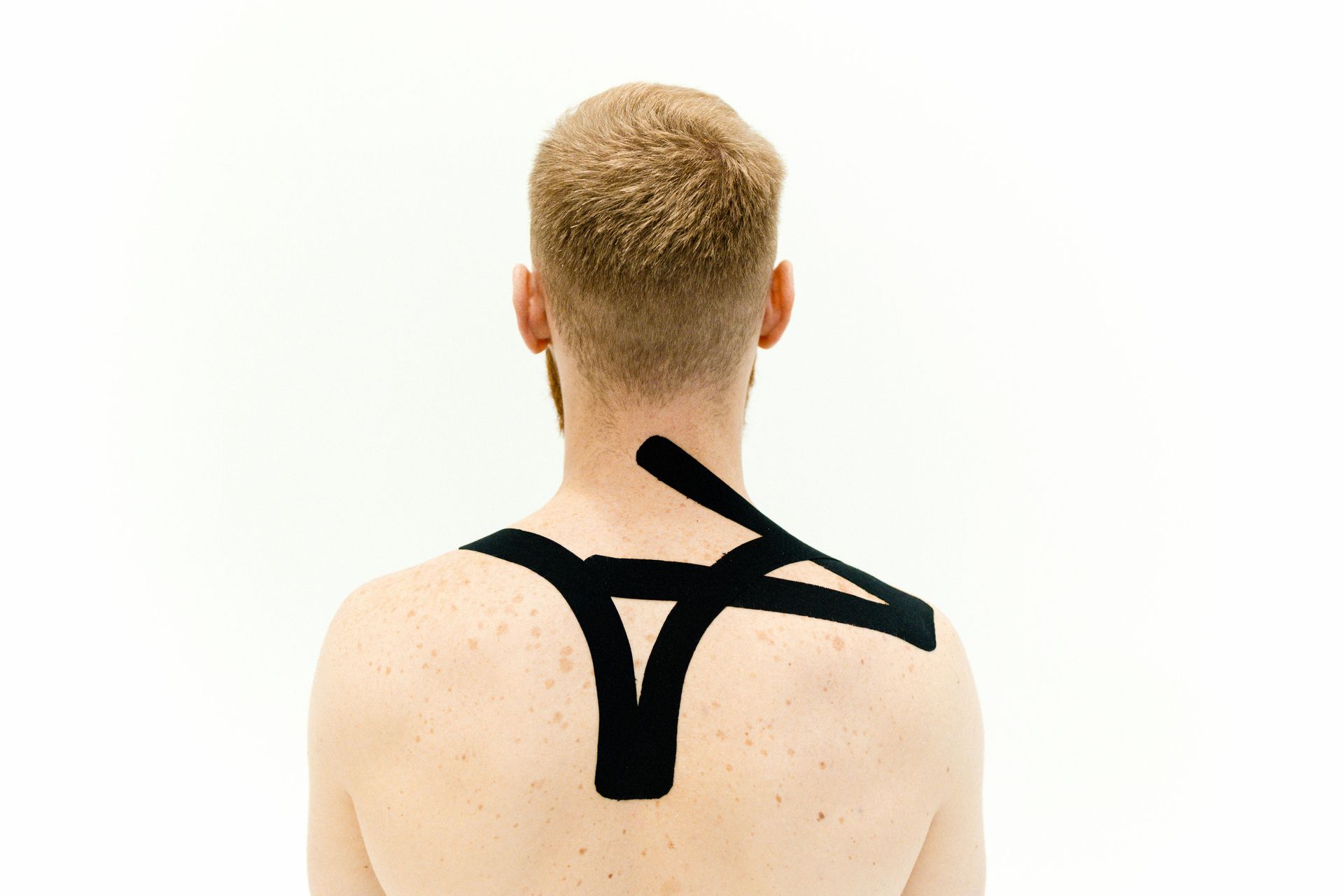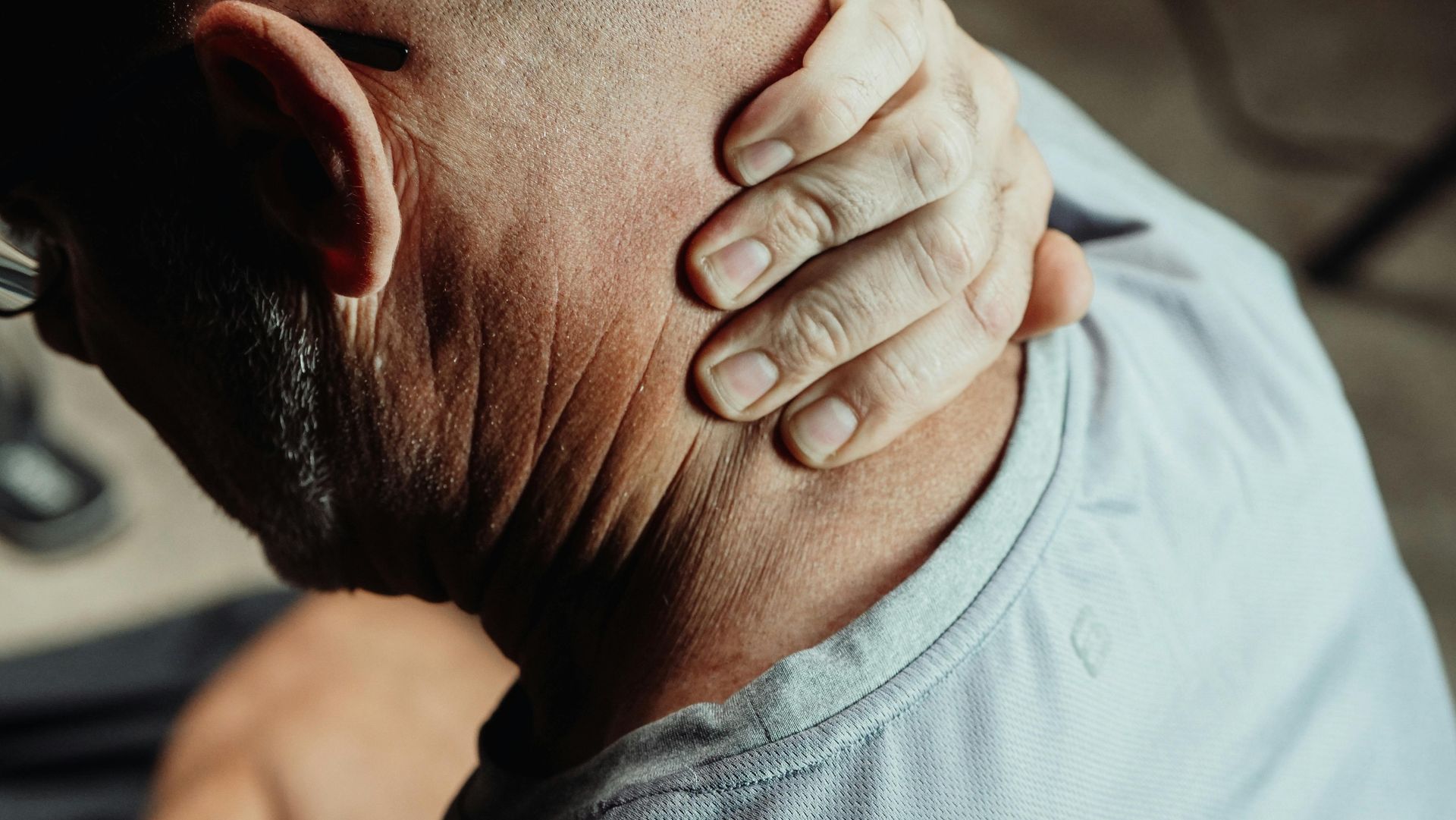How to Know If Your Posture Is Affecting Your Health in Nolensville, TN
Posture is one of those things that most people don’t think about until something starts to hurt. Maybe your shoulders are tense by the end of the workday, or your lower back feels stiff after sitting too long. While those signs are easy to notice, the connection between posture and overall health is often overlooked.
In Nolensville, we see people every day who are dealing with discomfort that ties back to how they sit, stand, and move throughout the day. It’s not always obvious at first, but the way you hold your body can have a big impact on how you feel. If you’ve ever caught yourself slouching or leaning to one side without realizing it, you’re not alone.
Let’s talk about some common signs your posture might be affecting your health.
You often feel tension in your neck, shoulders, or upper back. This is one of the most common complaints people have when they come into our office. Spending hours looking at screens or working from a desk can shift your posture forward, placing extra stress on the muscles that support your head and shoulders. Over time, that tension builds up and can become a daily problem.
Your lower back feels tight or achy, especially after sitting. If your lower back feels sore or uncomfortable after long periods of sitting, your posture might be part of the issue. Sitting with a rounded spine or tilted pelvis can put uneven pressure on the joints and muscles in your back. You may not notice it at first, but it can add up quickly.
You notice one shoulder sits higher than the other, or your head leans slightly to one side. These imbalances are often signs that your body is compensating for tight muscles or joint restrictions. While they may not cause pain right away, they can create long-term strain and affect how your body moves. A posture assessment can help identify these patterns and guide you toward healthier alignment.
You feel stiff or sore when you first wake up. If your body takes a while to loosen up in the morning, it could be a sign that your posture during the day is affecting how you rest at night. Poor posture doesn’t just show up while you’re awake. It can also influence how you sleep and how your body recovers overnight.
You find yourself shifting constantly to get comfortable. If you can’t sit or stand in one position for long without needing to readjust, your body might be telling you something. Constant shifting can be a sign that your posture is putting stress on certain areas and your body is working harder than it should just to stay comfortable.
You get frequent headaches, especially at the end of the day. Headaches can come from a lot of causes, but posture is sometimes overlooked as a contributing factor. Forward head posture and tight neck muscles can place tension on the base of the skull, which may lead to headaches, especially after a long day of sitting or working.
So what can you do if you recognize some of these signs?
The first step is awareness. Pay attention to how you sit, stand, and move throughout the day. Are your shoulders rounded? Is your head jutting forward? Do you lean to one side while driving or sitting? Small changes in your posture habits can make a big difference over time.
Stretching and light movement can also help. If you sit for long periods, try to stand up and move around every hour. Gentle neck and shoulder stretches or a walk around the block can give your body a break and help reset your posture.
If you want to go deeper, a chiropractic evaluation can help you understand how your posture might be affecting your spine and nervous system. Chiropractors are trained to look for misalignments, restricted joints, and muscular imbalances that may be contributing to your discomfort. From there, a care plan can be created based on your specific needs and goals.
At Nolensville Chiropractic, we work with patients of all ages who are dealing with posture-related issues. Whether you’re working from home, on your feet all day, or trying to support your kids’ posture during school, we’re here to help you figure out what’s working, what’s not, and how to support better balance moving forward.
Your posture is something you carry with you all day, every day. Making small adjustments now can help you feel more comfortable, move more freely, and support your long-term well-being.
If you’re curious about how posture may be affecting your health, we invite you to schedule a consultation with our team. We’re here to answer questions, take a close look at how your body is functioning, and help you take the next step in feeling your best.













